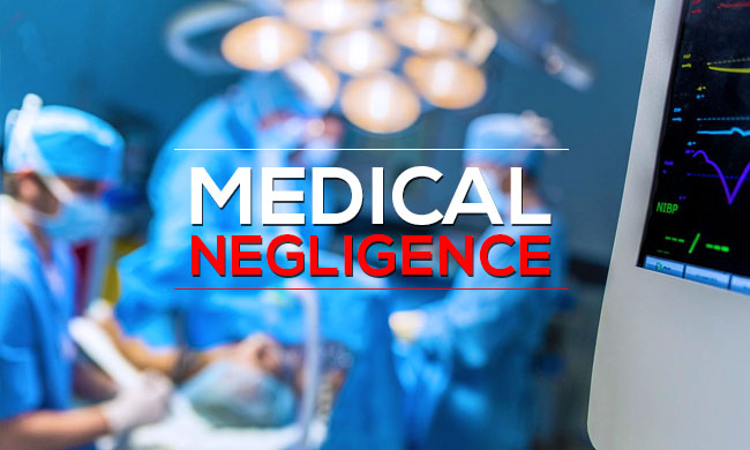Medical Negligence : When Can A Doctor Be Held Liable For Lack Of Expertise?
Viswajith Anand
3 Aug 2019 8:16 AM IST

Next Story
3 Aug 2019 8:16 AM IST
On a philosophical standpoint we acknowledge error as an essence of life. Through every failure we familiarise something new, but this point of view is not appropriate when error is committed from the part of a professional especially the one who works in the medical domain.Any negligence or error from the part of the doctor that causes some damage to a patient will probably result in...
